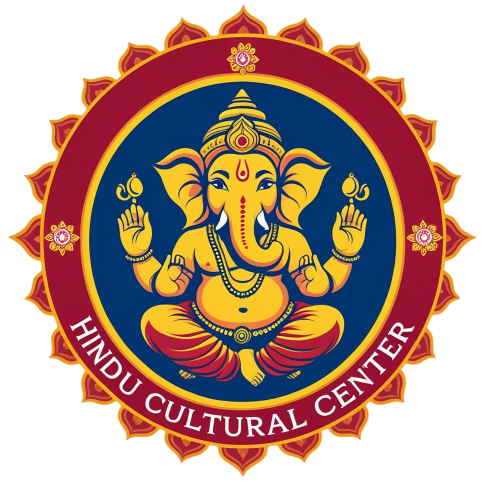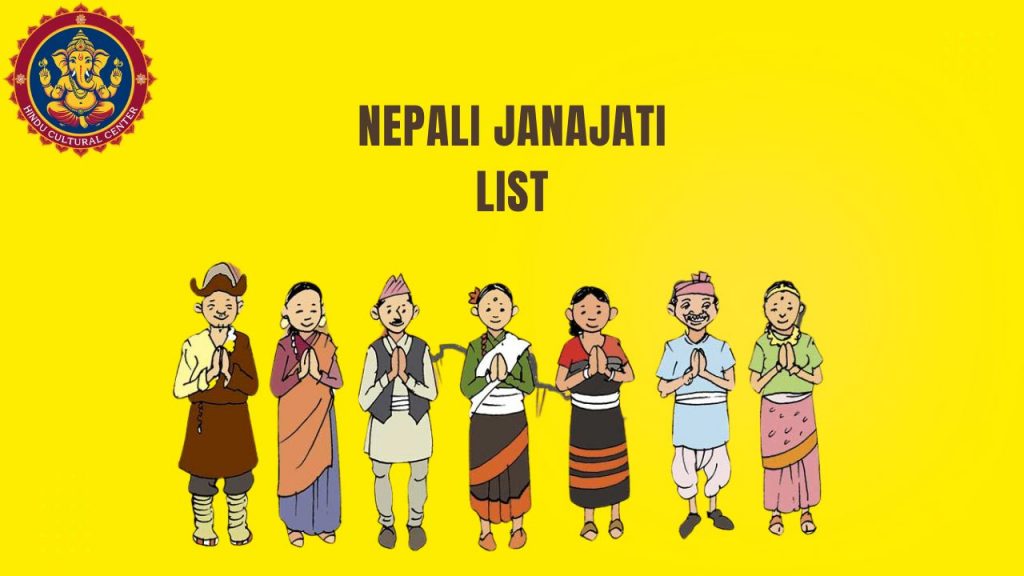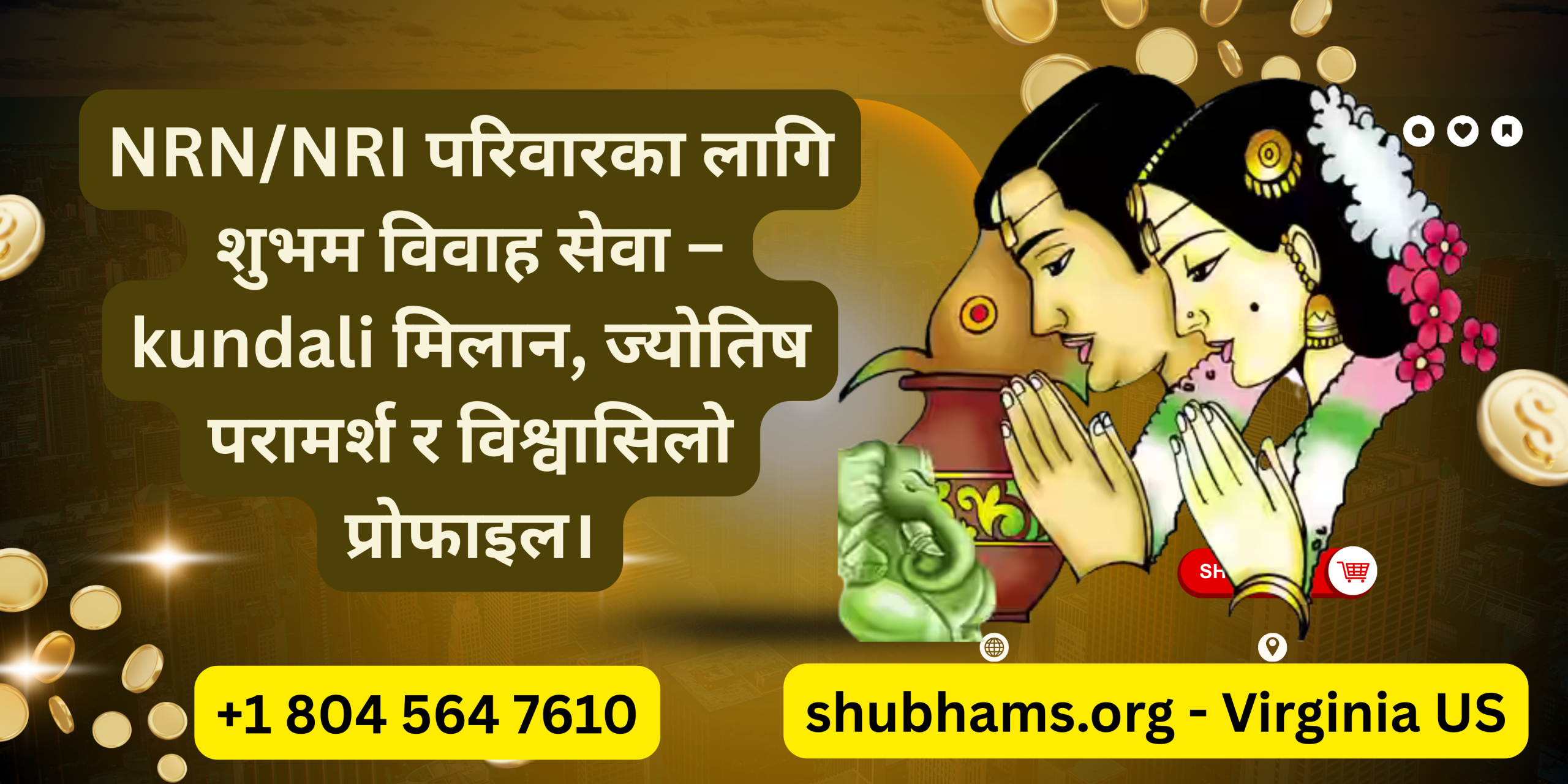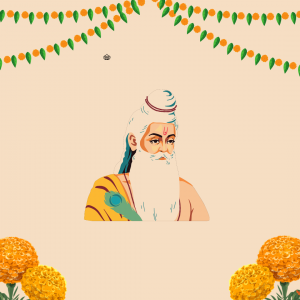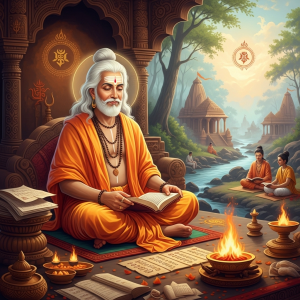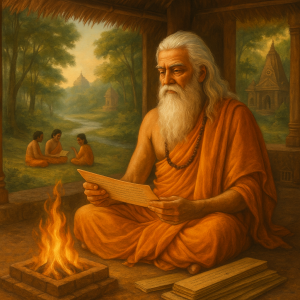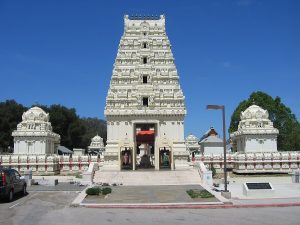Nepal: A relatively small but beautiful country with many and various people, cultures and languages. A very significant group of people in Nepal are the Janajati.
Table of Contents
In this easy-to-understand and helpful piece, you’ll discover:
- ✅ What “Janajati” means
- ✅ List of all Nepali Janajati castes full
- ✅ What’s Gotra and the way Janajati other people use these clans
- ✅ Prominent thars of major Janajati clusters
- ✅ Straightforward answers to easy questions Let’s get started!
🌱 What is Nepali Janajati?
Janajati is the indigenous people of Nepal. These are the people who have been living in Nepal since ancient times. They are not a part or of those belonging to the Hindu caste system, such as Brahmin or Chhetri.
Janajati people:
Have their own languages “Live by their own customs and traditions and to follow them. Reside primarily in villages, hills, mountains, Terai Follow other festivals than those of Hindus Have divergent but cohesive family structures, like clans rather than gotras.
🗂️ List of all Janajati castes in Nepal
There are in total 59 Janajati caste groups as recognized by the Government of Nepal. These are divided four regions as follows:
🏔️ 1. Mountain Janajati
These are the people that live in the high Himalayas.
- Sherpa
- Lhomi
- Thakali
- Chhantyal
- Dolpo
- Tangbe
- Marphali Thakali
- Larke
- Walung
- Byansi
- Mugali
- Baragaunle
🏞️ 2. Hill Nepali Janajati
They are most commonly found in hilly regions.
- Magar
- Gurung
- Tamang
- Rai
- Limbu
- Sunuwar
- Bhujel
- Newar
- Chepang
- Thami
- Dura
- Jirel
- Pahari
- Baram
- Hayu
- Kusunda
🌿 3. Inner Terai Janajati
They are the people between the hills and the plain.
- Bote
- Danuwar
- Majhi
- Raji
- Raute
🌾 4. Terai Janajati
These are people who live in the plains of South Nepal.
- Tharu
- Rajbanshi
- Dhimal
- Tajpuriya
- Satar (Santhal)
- Meche
- Kisan
- Dhanuk
- Jhangad
- Gangai
- Sudha
- Koche
- Teli (Janajati type)
- Halkhor
- Bantar
- Darai
- Chidimar
- Loharung
- Bin
- Dhobi (Janajati group)
- Khatwe
- Yakkha
🧬 What is Gotra?
Gotra is an concept of Hindu society. It tells us which family group an individual is from. No marriage between persons of the same gotra is allowed.
Gotra is mostly followed by:
- Brahmin
- Chhetri
- Other Hindu castes
Some common Hindu gotras:
- Bharadwaja
- Atri
- Gautam (Goutam)
- Kashyapa
- Vasistha (Vashistha)
- Vishvamitra
- Jamadagni
- Agastya
- Bhrigu
🔹 Other Well-Known Gotras:
Shandilya
Kaushik (Koushik)
Harita
Parashara
Mandavya
Mudgal
Vatsya
Lomasha
Sankrithi
Srivatsa
Saunaka
Chyavana
Vishnuvriddha
Durvasa
Kapila
Angirasa
🧩 Do Janajati Have Gotra?
Gotra is not usually followed by the most of the Janajati people. Instead, they use family names or clans. We call these “Thar” in Nepali. Similarly, Janajati people too do not marry within the same clan, as do Marwari. Every Janajati group has its own clan system which are based on their own tradition and history.
📛 Janajati Castes with Their Clan (Thar) Names
Some major Janajati Groups and their favourite clan names Let’s peek at acute Janajati classes and their famous clan titles:
🔸 Magar
- Clans: Pun, Rana, Ale, Thapa, Budha
- Religion: Hindu, Buddhist, and Shaman
- Festivals: Maghe Sankranti, Buddha Jayanti
🔹 Gurung (Tamu)
- Clans: Ghale, Ghotane, Lama, Ponthok
- Main Festival: Tamu Lhosar
- Tradition: Buddhist, Bon religion
🔸 Rai
- Clans: Chamling, Bantawa, Kulung, Sampang, Khaling
- Religion: Kirat
- Festival: Sakela (Ubhauli and Udhauli)
🔹 Limbu
- Clans: Maden, Chemjong, Thebe, Angdembe, Libang
- Religion: Yuma Samyo
- Spiritual Leader: Phedangma
🔸 Tamang
- Clans: Moktan, Yonjan, Lama, Ghising, Syangbo
- Religion: Tibetan Buddhism
- Main Festival: Sonam Lhosar
🔹 Newar
- Popular Surnames: Shrestha, Tuladhar, Bajracharya, Maharjan, Manandhar
- Tradition: Hindu + Buddhist mix
- Some follow gotra, some use clan system
Read More: Nepali Thar and Their Gotra List
📊 Gotra vs Clan — Simple Table
| Feature | Gotra (Hindu) | Clan (Janajati) |
|---|---|---|
| Based on | Rishi (Sage) | Family ancestor |
| Used by | Brahmin, Chhetri | Rai, Limbu, Gurung etc |
| Follows marriage rule | Yes (no same gotra) | Yes (no same clan) |
| Example | Kashyapa, Bharadvaj | Thapa (Magar), Maden (Limbu) |
❓ FAQ (Frequently Asked Questions)
Q1. What is Janajati in Nepal?
Ans: By Janajati we mean the indigenous peoples of Nepal. They have their own culture and are not bound by the Hindu caste structure.
Q2. How many Janajati in Nepal?
Ans: There are 59 officially recognized Janajati castes in Nepal.
Q3. Do Janajati people use gotra?
Ans: No. They have clans (thar), not unlike Hindu gotras.
Q4. Is there an inter-caste marriage in the Janajati clan?
Ans: No, it is not allowed. intra-clan marriages are not permitted.
Q5. Are Newars Janajati?
Ans: Newars are Janajati with Hindu and Buddhist culture.
🙏 Final Words
The Janajati communities are the real abode of Nepal. They lead different ways of life, speak differently, dress differently and celebrate differently. While they don’t adhere to the Hindu caste system, they abide by stringent regulations and traditions within their clans. By getting to know about the Nepali Janajati caste we know more about real Nepal’s culture. Whether one is of Janajati origin, or just beginning to know this, the knowledge makes all of us together. Take pride in Nepal’s diversity. Respect all cultures. We are one nation of many colors.
